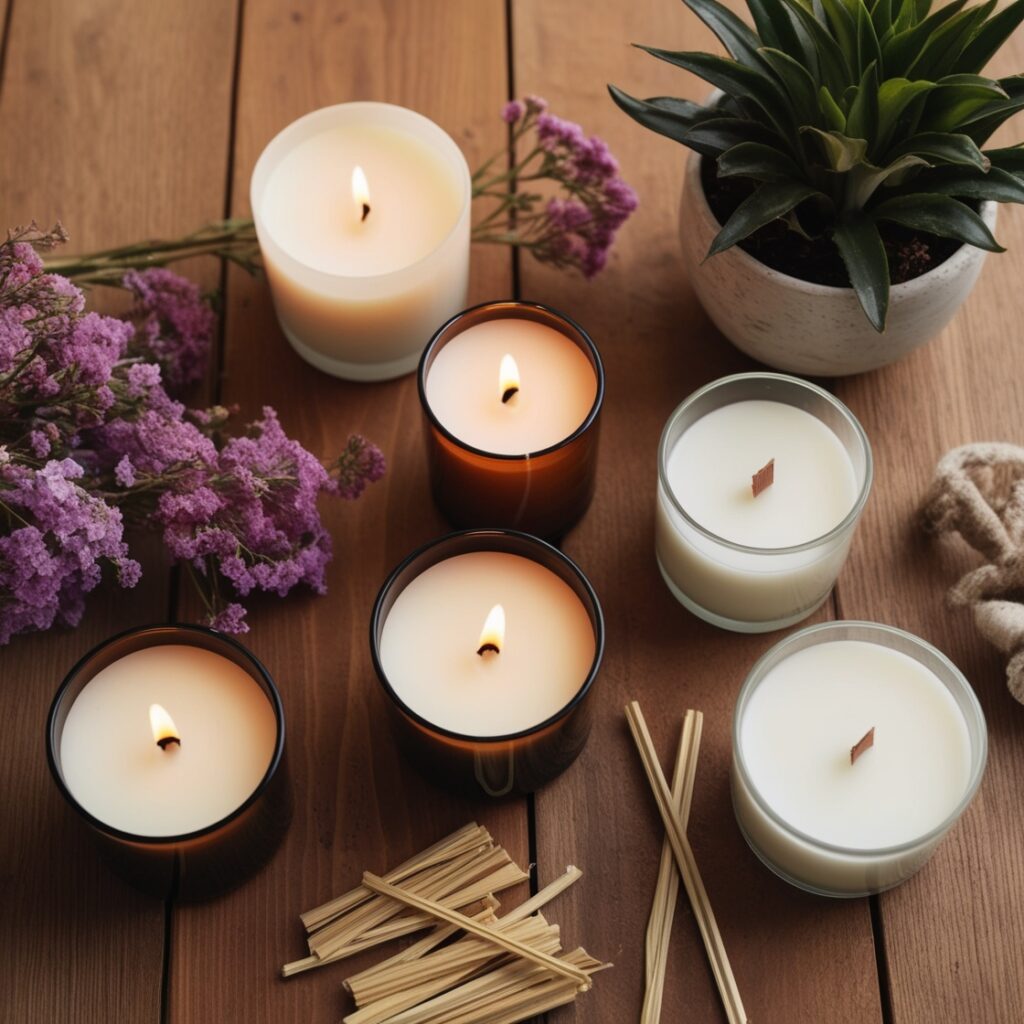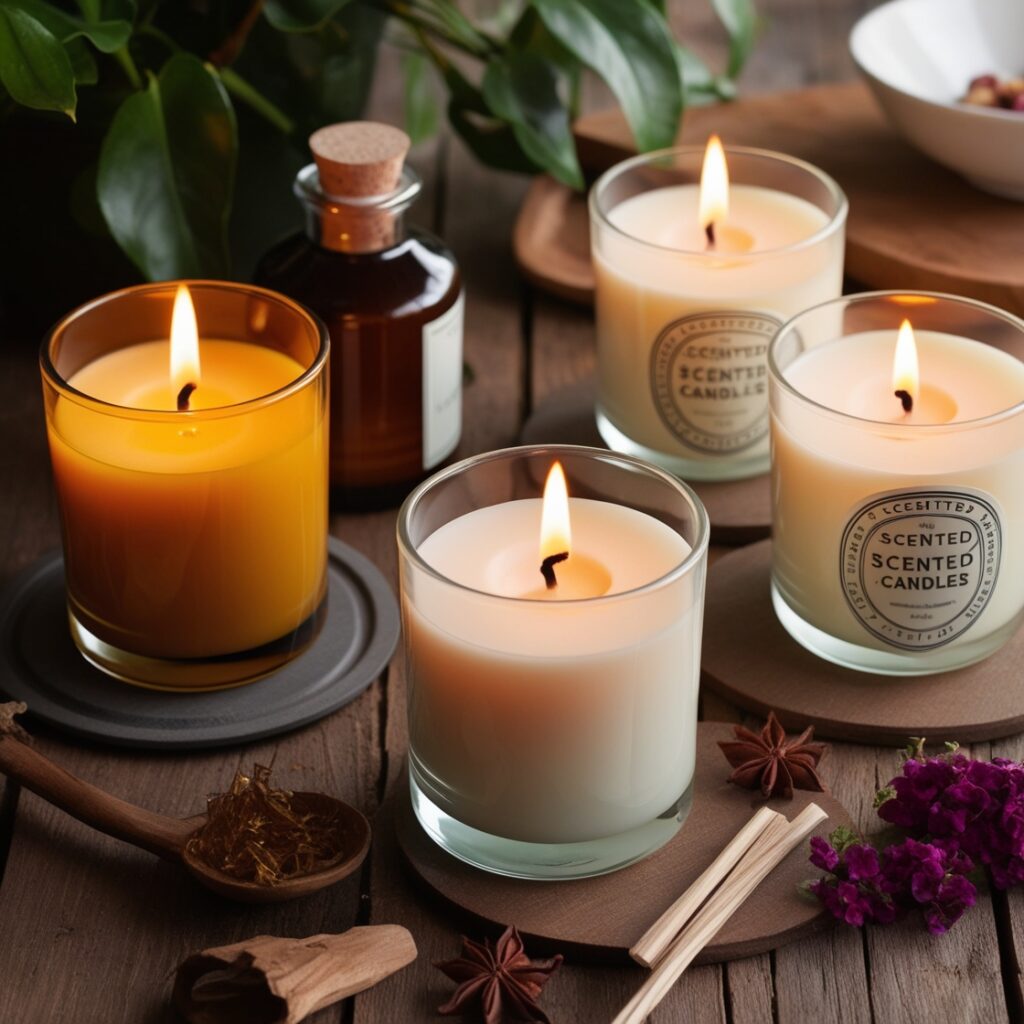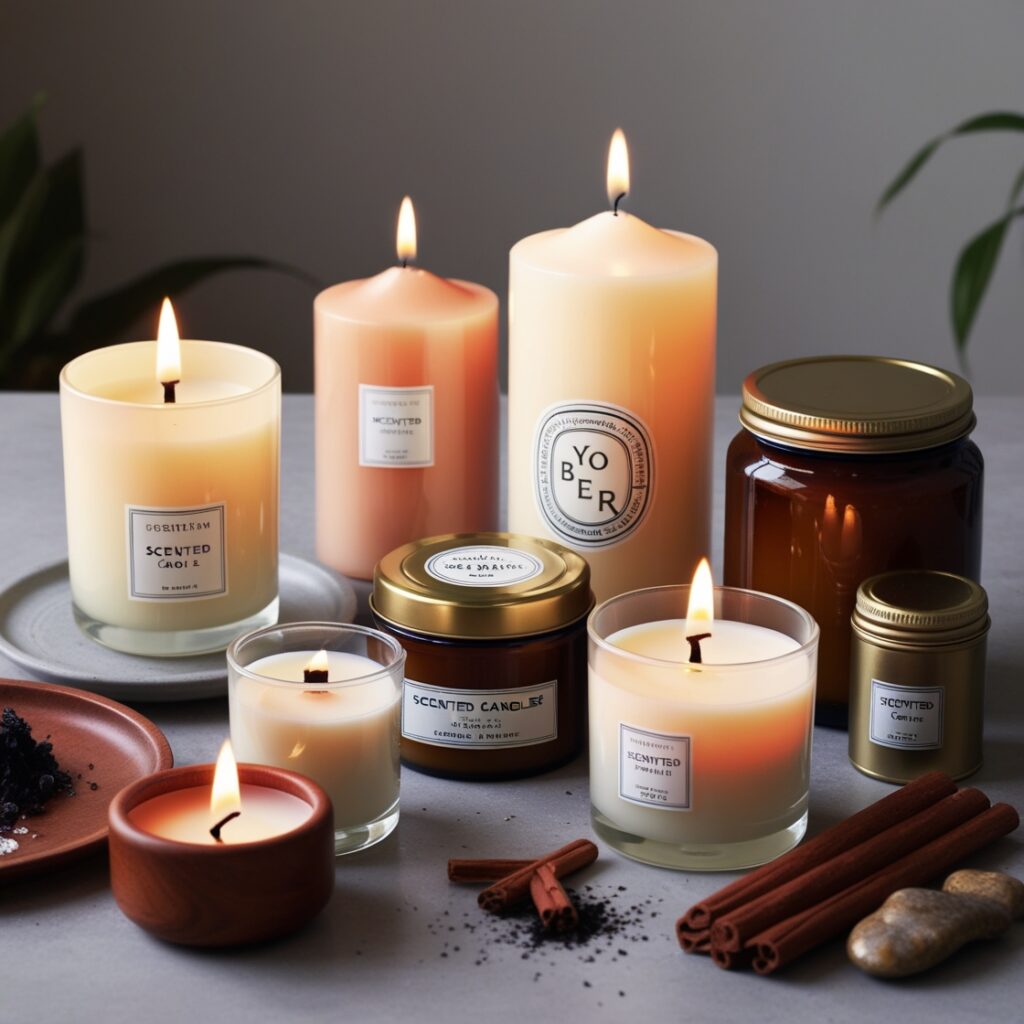Scented candles have become a staple in many homes. They create a cozy atmosphere, add a touch of elegance, and, most importantly, fill the air with soothing fragrances that contribute to our sense of well-being. However, one question lingers: Are scented candles toxic? In this article, we’ll delve into this concern to help you understand the potential risks and how to choose the right candles for your home.
Contents
Components of Scented Candles: What Should You Be Aware Of?
Scented candles are made from various materials, and it’s precisely the composition of these materials that raises concerns about their potential toxicity. Traditionally, candles were made from beeswax or tallow, but today, most commercial candles are made from paraffin, a byproduct of petroleum.
When burned, paraffin can release chemicals such as benzene and toluene, both of which are classified as carcinogens in some studies. Additionally, the wicks in some candles may contain lead, although this practice has become less common. It’s crucial to read labels and educate yourself about the ingredients before making a purchase.

Health Effects: What You Need to Know
Breathing in the fumes from paraffin-based scented candles may have negative long-term health effects. The volatile organic compounds (VOCs) released during combustion can irritate the respiratory system, especially in individuals who are sensitive or have asthma. The fine particles in candle smoke can also penetrate deep into the lungs, leading to respiratory issues.
Some candles also contain phthalates, which are used to fix the fragrances. These chemicals are controversial due to their potential to disrupt the endocrine system, potentially affecting hormone balance, especially in children and pregnant women. Therefore, it’s essential to opt for phthalate-free candles to minimize these risks.

How to Choose Safer Candles
Fortunately, there are safer alternatives to traditional scented candles. Here are some tips to help you make an informed choice:
- Choose Natural Wax Candles: Beeswax, soy wax, or coconut wax are more natural and less polluting options compared to paraffin. They also burn more slowly, which extends their lifespan.
- Go for Cotton Wicks: Lead-free wicks made from cotton or hemp are a healthier alternative. They don’t release heavy metals when burned.
- Opt for Candles Without Synthetic Fragrances: Natural essential oils are a safer option than synthetic fragrances, which may contain phthalates. Candles made with essential oils can provide aromatherapy benefits without the risks associated with artificial chemicals.

Conclusion: Should You Avoid Scented Candles?
Scented candles can pose health risks, especially if they’re made from potentially toxic materials and chemicals. However, by paying attention to their composition and choosing safer alternatives, you can continue to enjoy the calming ambiance they provide without compromising your well-being.
Ultimately, it’s about making informed choices to protect your health while enjoying the simple pleasures of life. The next time you purchase a scented candle, take a moment to check the labels and opt for natural, non-toxic, and eco-friendly products.

